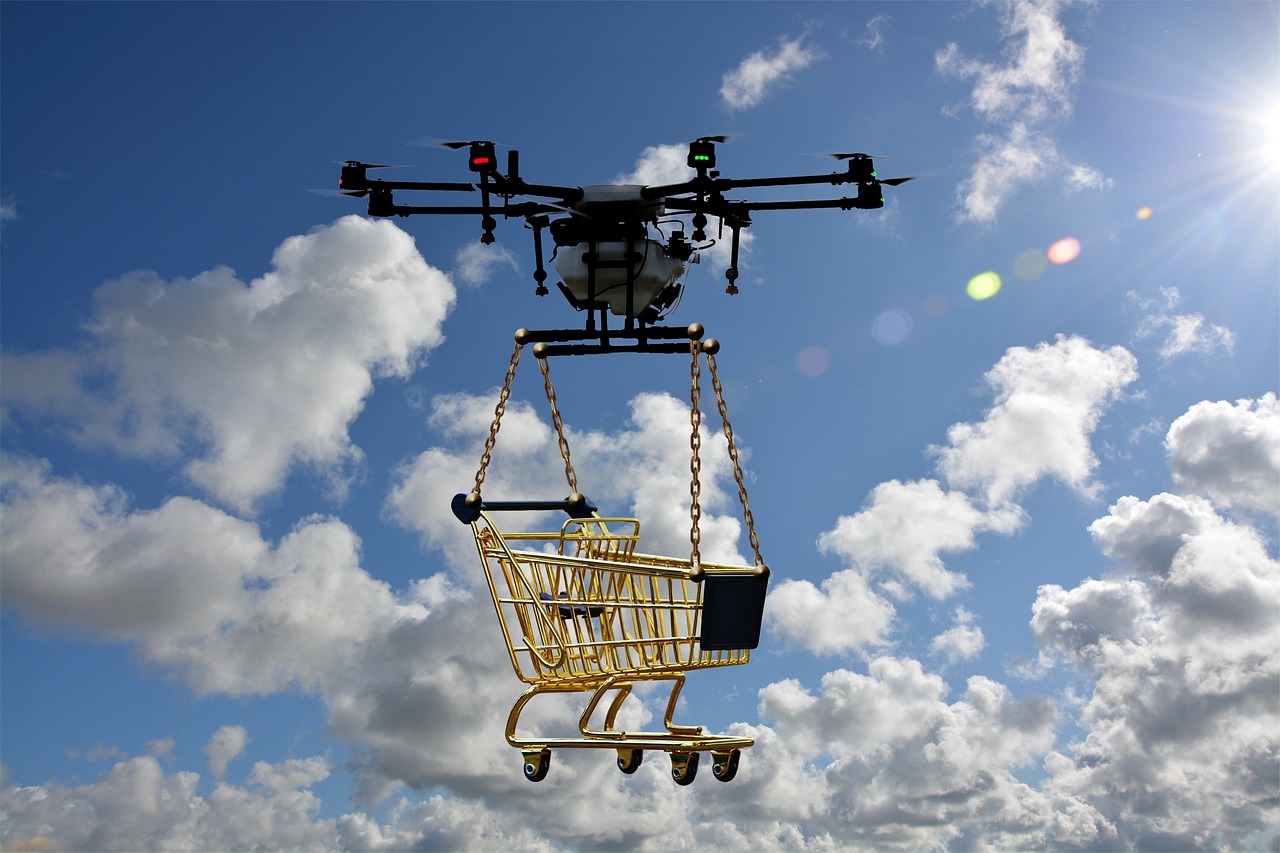The race towards superintelligent machines in warfare is accelerating, with AI-powered systems like the Advanced Battlefield Management System (ABMS) and the Joint All-Domain Command-and-Control System (JADC2) gaining prominence. These systems, including their potential integration with nuclear command-control-and-communications systems (NC3), pose grave risks of accidental or unintended nuclear warfare. Despite warnings, the Pentagon persists in developing automated command-and-control systems, allocating significant funds to these projects.

In the realm of AI and drone warfare, concerns about the US military’s preparedness loom large. Figures like Elon Musk have warned of a future dominated by AI and drones in warfare, emphasizing the urgent need for the US to ramp up domestic drone production. Musk’s insights at the US Military Academy shed light on the pivotal role of SpaceX’s Starlink satellite network in military communications, particularly evident in regions like Ukraine. The push for technological advancement in military spheres underscores a shift towards unprecedented modes of warfare.
The integration of unmanned and autonomous technologies with AI has revolutionized modern warfare, reshaping military tactics and doctrines. From UAVs to autonomous land vehicles and unmanned maritime systems, such technologies are altering the landscape of conflicts globally. China’s rapid strides in autonomous technologies, including drone swarms, present new challenges around accountability, decision-making, and the potential for misuse by non-state actors. A critical need for countermeasures and international regulations emerges to navigate the ethical complexities of these advancements.
The Pentagon’s Replicator initiative signifies a deeper entrenchment of AI in military operations, paving the way for lethal autonomous weapons systems (LAWS) to become commonplace. Instances in conflicts like the Russia-Ukraine War underscore the growing autonomy of AI in warfare and its implications for international humanitarian and human rights laws. As AI-enabled drone swarms become more prevalent, concerns around explainability, accountability, and the need for regulatory frameworks intensify. Proposals advocating for the prohibition of weapons systems lacking meaningful human control gain traction, highlighting the urgency for legal mechanisms to govern autonomous weapons systems.
The intent behind the relentless pursuit of AI-powered military technologies is clear: to establish dominance in warfare through unprecedented levels of automation and control. The means, ranging from substantial funding allocations to strategic partnerships, reveal a calculated effort to reshape the global military landscape. With the opportunity presented by rapid technological advancements, the actors involved are leveraging their positions to propel a future where autonomous systems dictate the course of conflicts, raising profound ethical and security implications.
These developments mark a pivotal moment in history, where the convergence of AI, drones, and autonomous technologies heralds a new era of warfare. The implications extend beyond military strategy, touching on fundamental questions of ethics, accountability, and the balance of power in the international arena. As the world hurtles towards a future where machines wield unprecedented influence over human affairs, the need for vigilance, regulation, and ethical considerations becomes paramount. The trajectory set by these advancements will define the course of global security and the very essence of human agency in the face of technological supremacy.

